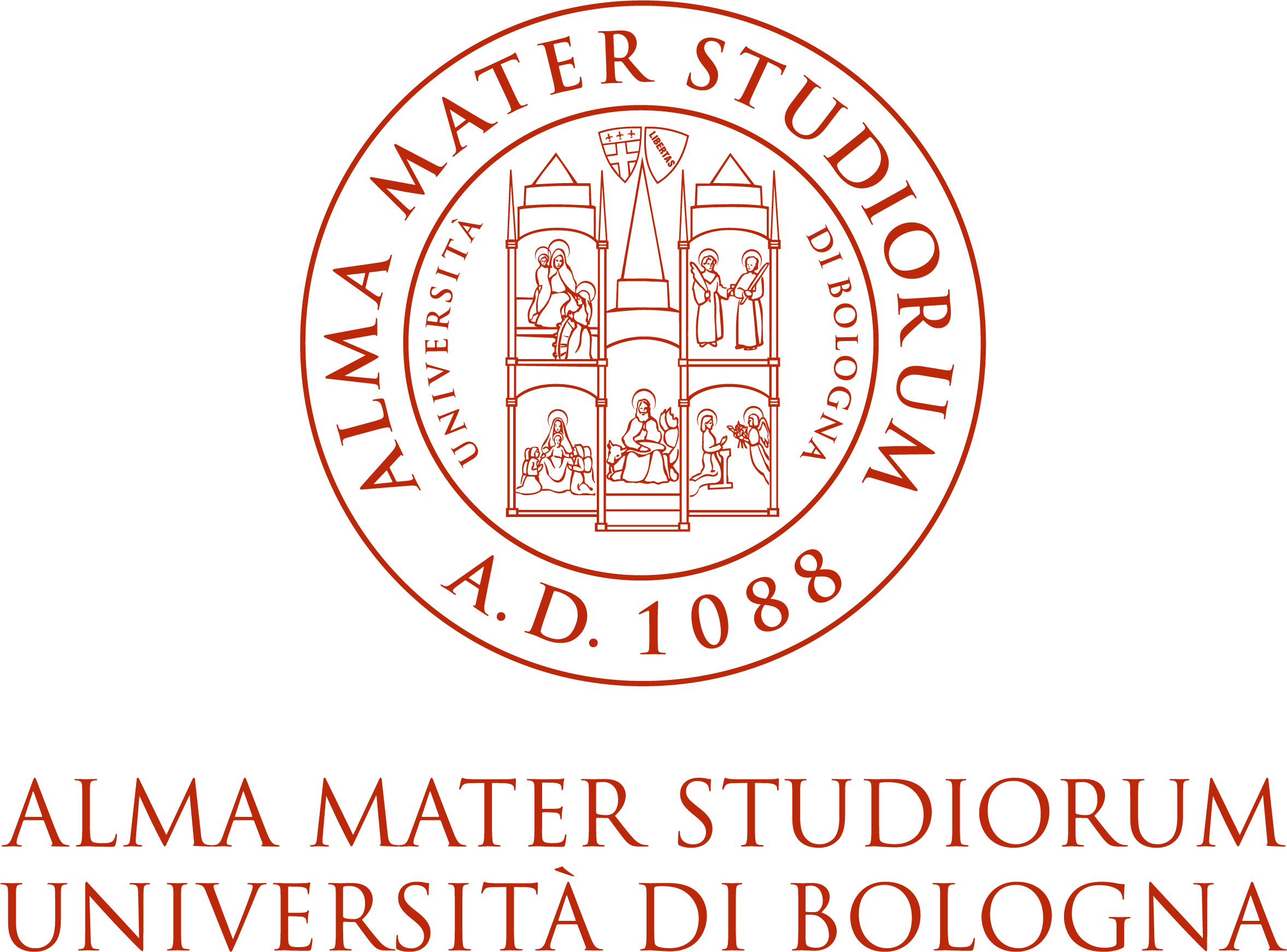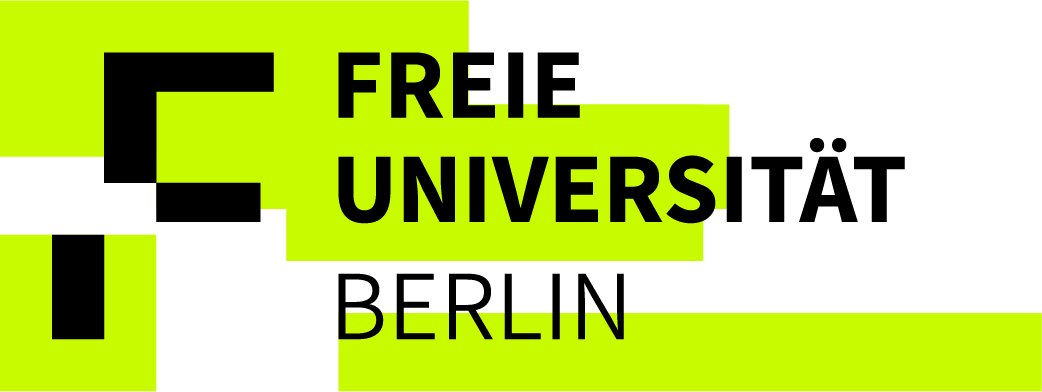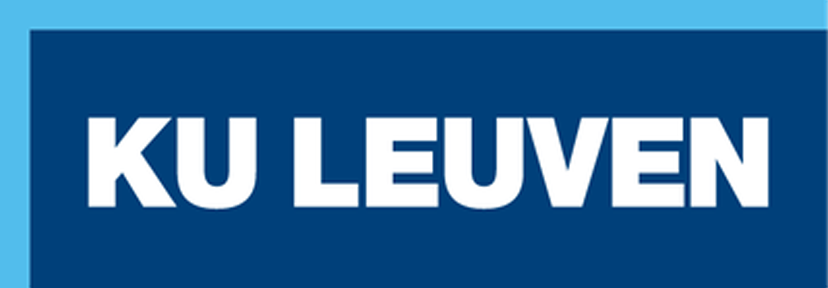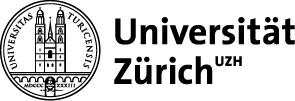Doctoral Programme in Cultural Heritage
Co-developed by
Heritage and the digitization of society (TRT2)

Heritage and the digitization of society
“Tradition should not be about worshipping the ashes, but about passing on the fire”
Gustav Mahler
The digital age has come, and the pandemic has only boosted the process further and faster. Digitization is not just about technology; it is also impacting society in a great number of domains. Simply put, data is the most important resource of our time and is going to be the catalyst for revolutionizing nearly every aspect of our society. The millennial generation is born-digital, and the elders are becoming digitized at a growing speed. Cultural heritage, both tangible and intangible, breathes a new life with digital technologies and the internet. The citizens have now unprecedented opportunities to access cultural material, while the institutions can reach out to broader audiences, engage new users and develop creative and accessible content for leisure and education. The digitization of cultural heritage is one of the key areas tackled by the Digital Agenda of the European Commission, stressing the benefits of making Europe's culture and knowledge more easily accessible.
Over the past decade, digitization has demonstrated the potential to offer new opportunities for greater access to cultural heritage. Large datasets have been made available widely on the internet through thousands of websites, repositories and databases. The digital revolution is also transforming the ways in which people know, understand, use, and visit heritage sites. The use of social medias promotes dissemination, fosters discussions, challenges non-rational accounts, but can also spread dissonant narratives and controversial approaches to heritage.
Digitization is not a matter of technologies, but a matter of potentialities. Cultural heritage should be fit for the digital age, and all efforts should be made to preserve and safeguard the interests of cultural heritage. But the digitization of cultural heritage is also a world of challenges that have to be faced with reason and method. The danger is great, indeed, of leaving aside from this process segments of communities, whether in remote areas or among culturally disadvantaged, therefore increasing existing inequalities in access to culture instead of reducing them. One of the greatest challenges in the digitization of society regarding cultural heritage is to bridge the gap in the access to, and ability to master, cultural narratives.
After a first recommendation made in 2006 with a view to optimising, by means of the internet, the economic and cultural potential of Europe’s cultural heritage, a Comité des Sages published in March 2011 a report on bringing Europe's cultural heritage online with the aspiring title ‘The new Renaissance’, urging EU Member States to step up their efforts to put online the collections held in all their libraries, archives and museums. Later that year, the European Commission issued a Recommendation on the digitisation and online accessibility of cultural material and digital preservation, which aims at improving the framework conditions for digitisation and digital preservation of cultural heritage.
As a key-player in shaping Europe’s digital future, how will Una Europa address this historical transformation and take its part in achieving these goals? How can collective knowledge and big data become tools for heritage conservation and foster its integration into the life of communities? How can digital technologies, including social media, promote heritage education, awareness, and support to the cultural and creative industries? How we can use technology to promote the preservation and discussion of heritage sites and collections?
Digitization of Cultural Heritage: What for? The Role of Una Europa
Online accessibility of Europe's digital culture requires the right conditions for proceeding with digitization, online accessibility and the preservation of cultural content. The digitization of cultural heritage is not only an endeavour in itself, but also a means to achieve specific objectives which are shared by Una Europa member universities. In the frame of the alliance, transnational research teams will investigate and dedicate time and resources to the following aspects of the digital turn in cultural heritage.
- Safeguarding — In order to safeguard sites and objects from potential natural disasters, conflicts or deterioration, cultural institutions and museums are increasingly using digitization as a means to preserve cultural heritage for future generations. Promoted by national politics, the technological process allows to create a virtual copy of the object. Such endeavour faces technical challenges, both in the acquisition of data (with a diversification of technologies and formats in 3D modelling) and in their long-term conservation and access, the risk being of dedicating resources and energies in creating a digital double that is even more fragile than the original, instead of protecting the original itself. Conversely, digitization of intangible cultural heritage is the first step in safeguarding and transmitting it. Digitization processes can gain in efficiency due to scale thanks to the Una Europa alliance. Members will be encouraged to share their digitization capacity, processes and equipment as an efficient way to reach the objectives of creating a common repository of all the digitized material created by libraries, archives and museums of the Una Europa members. The eventual aim is to feed Europeana, Europe’s digital library, archive and museum, with Una Europa-produced content, in addition to local and national repositories.
- Research & Education — Digitization allows for access to and analysis of a richer interpretation of the past. Among other collections Una Europa teams will focus on our university heritage—in relation with the PHOENIX project (Parallel Heritage of European Universities)—, as well as cultural heritage and archaeological sites they are engaged with. Throughout the various projects teams will adopt common standards, conscious of the fact that processing data rests on databases adopting the principle of Linked Open Data and standardization of metadata. Eventually, the digitalization know-how and the digitised material produced in this frame will be re-used for developing learning and educational content among Una Europa members, especially within the frame of the Lifelong Learning Certificate in Digital Heritage.
- Dissemination & Valorisation — Digitisation is an important means for ensuring greater access to cultural material. In order to increase individual's interest in and connection to cultural heritage, Una Europa teams will engage into a reflection on the valorisation of cultural heritage across communities. How to make new and sustainable connections between the virtual world and actual sites and objects? Cultural stakeholders are faced with the challenge to include the interests and needs of new extended audiences. Another issue is the activation and accessibility of cultural heritage outside sites and museums. How can digitized heritage improve access to heritage and help in the processes of co-construction, communication, and debate? How can cultural heritage be activated beyond heritage sites? How do cultural institutions need to think about their extended, online audiences? And how does it change their way of interacting with audiences?
- Reconnecting — While the right to heritage has been internationally recognized, access to heritage participation remains unequal. Digitization has demonstrated the potential to offer some important opportunities for greater access to cultural heritage. New technologies bring cultural heritage sites back to life. Virtual museums offer visitors the possibility to see art works residing in different places in context and experience objects or sites inaccessible to the public. In this sense, digital heritage has provided new opportunities in (re)connecting source communities with cultural heritage which was disconnected from its cultural domain, such as through processes of colonialization, looting or illicit trade. Una Europa teams will investigate the way digital collections better support co-creation of heritage narratives among communities, with a special focus on remote or culturally disadvantaged groups.
Alain Duplouy, February 2021
TRT2 Activities
Discover the programs of different TRT2 get togethers: February 21 and June 8, 2022.








